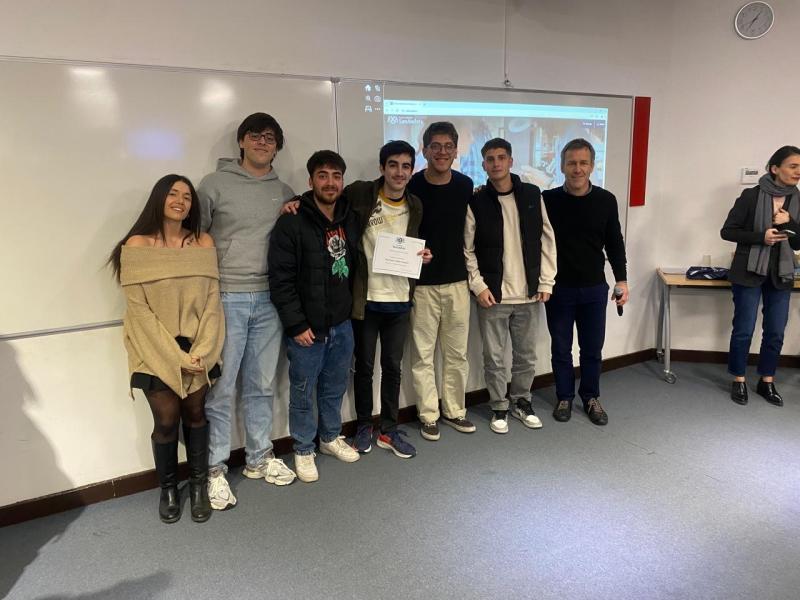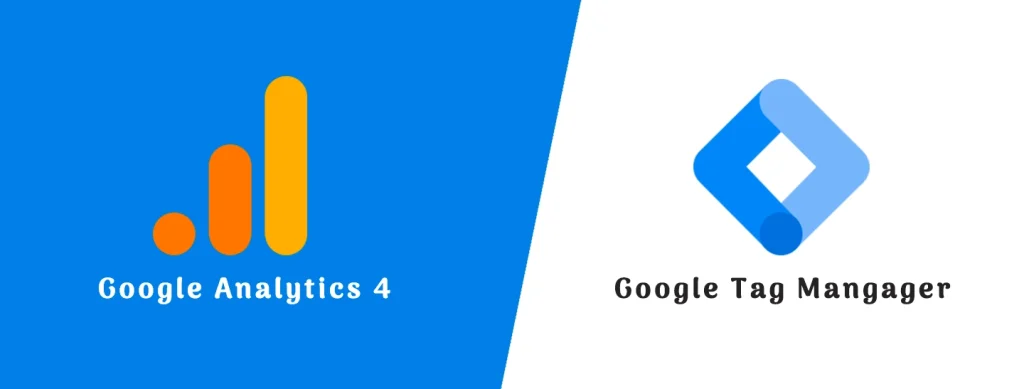Tuni is an educational platform created by three students from Universidad de San Andrés in Argentina. After a year and a half of learning and fine-tuning, we’ve come close to achieving product-market fit in the EdTech digital marketing space. In this post, I’ll share how the integration of EdTech digital marketing and continuous measurement have been key to capturing audience attention and differentiating our value proposition. Join us on this journey to discover the insights driving Tuni’s success.
The Market and the Specifics of Education in Argentina
Argentina, with its context as promising as it is challenging, is key to our Edtech digital marketing strategy. Specifically, in private universities, there is a greater willingness to pay for personalized educational services compared to public institutions. We validated this hypothesis early on, and although we are considering expanding into the public sector in the future, our current focus remains on private university students. Additionally, to support those with scholarships, we are implementing an accessible pricing model to democratize access to our classes, which has resonated on social media through posts from people thanking us for these opportunities.
From Idea to Reality: The First Steps of Tuni
In September 2022, Martín, Federico, and I, Digital Business students, identified a latent need at our university: many of our peers were seeking support in programming and other subjects, but there was no platform to connect them with tutors who truly understood their needs. Seeing this demand reflected in messages and conversations around campus, we realized there was a real opportunity. We decided to professionalize and automate the booking of private lessons, helping both students and tutors manage their time more effectively. This is how Tuni was born, with the concept of “by students, for students.”
Our Organic and Product-Led Growth Approach
We chose organic growth as the best way to expand. We’ve always kept a Product-Led Growth (PLG) approach in mind, based on delivering value before charging for it. With this in mind, we focus on generating traffic on Instagram and TikTok. This is key to our EdTech digital marketing strategy. Our focus is always on our community, expanding from there by establishing long-term collaborations with nano-influencers and micro-influencers within our target market segment. Our goal is to increase ARPU (currently $100 per user) to $150 monthly per user, which equates to six tutoring sessions. Additionally, we place a high value on customer retention, as there are multiple interrelated subjects (prerequisites), so they’ll continue choosing us if we provide significant value and support.
Key Metrics and Tools for Success in EdTech Digital Marketing
“Customer metrics provide a pathway to understand if you’re really solving their pain points or just missing the mark” – Eric Ries, Hacking Growth.
Continuous measurement has been essential to improving user experience and our platform’s performance. We use Google Analytics 4 and Google Tag Manager to track key events, such as the booking process and the landing page’s effectiveness. It’s highly recommended because with simple visualizations, powerful insights can be achieved. Some of our results include:
- Web Traffic: We reached a peak of 550 monthly visits at launch and currently receive around 150 visits per month. With traffic generated organically from Instagram and referrals
- Conversions: Between 30 and 45 users per month, depending on demand.
- Average Booking Time: 3 minutes and 15 seconds, optimized to streamline the process. Key to identifying friction points in the experience.
Additionally, we use use NPS and SUS surveys to take direct feedback from students and tutors regarding the usability of the platform. These metrics will help us know satisfaction and usability about the platform. As of now, our NPS is 9.9/10 for students and 9.6/10 for tutors, which is very positive.
Next Steps for 2025: Our EdTech Digital Marketing Strategy (and Goals)
As we move forward to 2025, our vision for Tuni centers on not just optimizing our platform but also empowering our users to understand the dynamics of education in Argentina and how they can leverage Tuni for success. Here’s how our upcoming initiatives aim to deepen our connection with the student community and strengthen Tuni’s role as a trusted educational ally:
- Enhanced Landing Page with Market Insights
We are working on a new version of our landing page featuring real testimonials, reputable media appearances (newspapers, blogs, etc.) to build credibility, and a clearer breakdown of everything included in our “tutoring package.” For us, it’s essential to convey that we are a community—more than just a tutoring session.
- Guerrilla Marketing on Campus: Visibility and Engagement
We use guerrilla marketing as an effective way to reach customers directly: flyers with QR codes to our website placed in classrooms, post-its in the university library, bookmarks, and other strategies. All of this enhances our reputation and builds a lasting, engaged community.
- Content is the king:
Practical content like “10 Tips to Pass Programming” empowers students and positions Tuni as a go-to source for insights that support academic success. We are featured on our university’s entrepreneurship club blog, collaborating with our community and sharing our experience.
- Remarketing and Re-Engagement to Support Retention (Channel understanding)
We’ll use our email database for remarketing campaigns to keep students informed and engaged, fostering a community that supports their growth.
3 Key insights from our experience in EdTech
- Every Student is Unique, and Every Subject is Its Own Market
At Tuni, we recognize each student has unique needs, and every subject is its own distinct market. Mentors must adapt to these varied demands. Consistent messaging among tutors ensures alignment with our value proposition.
- Measuring Isn’t Optional; It’s Vital for a Startup’s Survival
Measurement at Tuni isn’t just a tool; it’s the lifeline of our startup. Tracking data allows us to understand demand, seasonality, and how we’re delivering value to our clients at every step. Without data, we wouldn’t be able to refine our strategies, enhance the content and/or make informed decisions for growth
- Being Customer-Centered and Adapting Our EdTech Digital Strategy is Essential
The most effective EdTech digital marketing strategy aligns with our students’ preferences, as they are active on platforms like Instagram, WhatsApp, and TikTok. Using these channels, we extend our reach and build meaningful connections with a young audience, fostering long-term relationships.
In summary, Tuni’s EdTech digital marketing strategy focuses on delivering practical content, personalized support, and community engagement (top of the funnel), keeping people at the center of the experience. Our approach empowers students by positioning Tuni as a reliable resource aligned with the needs of the Argentine and LATAM education markets. Ongoing support, continuous product evaluation, and proactive engagement with EdTech trends (like AI, gamification, and edutainment) are fundamental to our success and help us foster lasting student relationships.
Bibliography
- Antonio. (2018, March 23). The Lean Startup by Eric Ries. Medium. https://medium.com/@antonio.productmgt/the-lean-startup-by-eric-ries-618253d8875c
- Ellis, S. (2024, August 15). Sean Ellis led growth at Dropbox—& invented growth hacking. Here’s his step-by-step growth guide. A Product Market Fit Show | Startup Podcast for Founders. https://pmfshow.buzzsprout.com/1889238/episodes/15580805-sean-ellis-led-growth-at-dropbox-invented-growth-hacking-here-s-his-step-by-step-growth-guide-sean-ellis-creator-of-the-pmf-test-best-selling-author-of-hacking-growth
- Helio Editorial Team. (n.d.). Understanding the Lean Startup Methodology. Helio. https://helio.app/product-discovery/product-management-techniques/lean-startup-methodology/
- HubSpot. (2024, November 11). The Ultimate Guide to Google Analytics 4 in 2024. HubSpot Blog. https://blog.hubspot.com/marketing/google-analytics
- Lee, J. (2018, September 7). Determining Product Market Fit With Jason Lee. Forbes Councils. https://councils.forbes.com/blog/determining-product-market-fit-with-jason-lee



1 comment
Angelica
Hi! I really liked your article. I have recently written an article on how to go viral on social media as well (https://digital.hec.ca/en/blog/free-tools-business-viral/). In my article I give more tips and tools for startups like Tuni, which I think could complement your article.